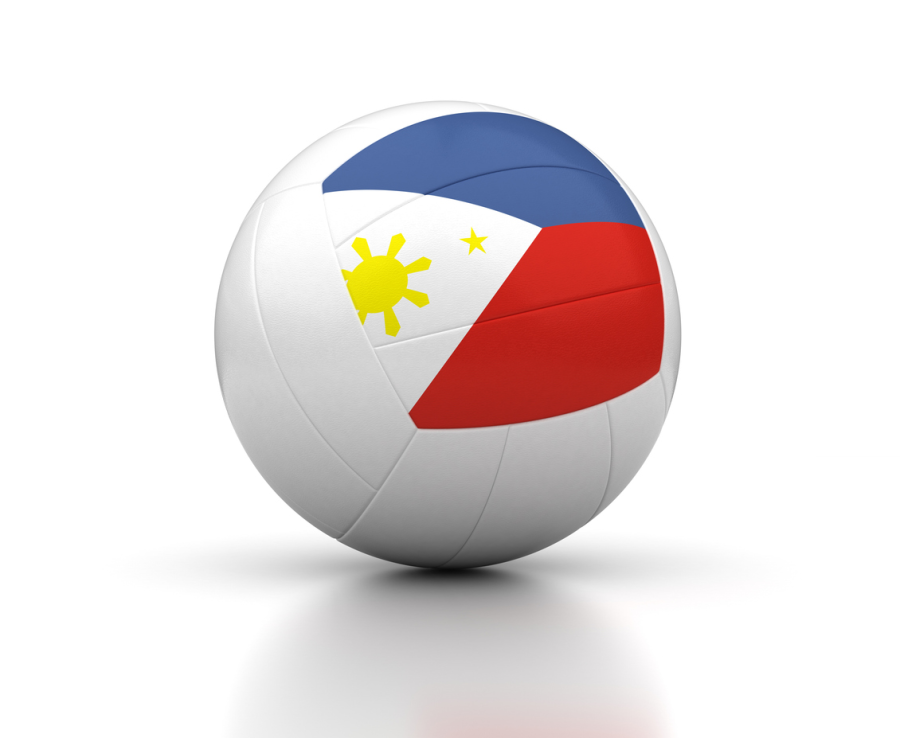Hosting major international sports events in the Philippines: Key legal considerations

With its glorious weather, passionate fans, and social media reach, the Philippines has recently been the country-of-choice in Southeast Asia for international sports competitions. In 2023, the Philippines played co-host to the 2023 FIBA Basketball World Cup, alongside Indonesia and Japan, with the knock-out stages held in Manila. This month, September 2025, the country will host the best men’s volleyball teams in the world for the 2025 FIVB Men’s Volleyball World Championship. And in November 2025, the Philippines will have the honor of staging the inaugural FIFA Futsal Women’s World Cup.
With future international sports events in the pipeline, this article identifies four key legal areas to help guide international federations and local organizing committees (LOC). The author draws on his experience of helping implement the Rights Protection Program for the 2023 FIBA Basketball World Cup.
To continue reading or watching login or register here
Already a member? Sign in
Get access to all of the expert analysis and commentary at LawInSport including articles, webinars, conference videos and podcast transcripts. Find out more here.
- Tags: Basketball | Fustal | Governance | Intellectual Property | Philippines | Regulation | Volleyball
Related Articles
- Protecting Filipino Athletes Abroad: Labor Registration & Visa Requirements
- How The Anti-Violence Against Women & Children Act Applies To Allegations Of Abuse In Philippine Basketball
- Sports law in 2025 – Key issues to watch in Africa, Asia & Oceania
Written by
Mickey Ingles
Lawyer & Professor, Ingles Laurel Calderon & Ateneo de Manila University.
Ignatius Michael “Mickey” Ingles is a licensed Philippine attorney, and specializes in Philippine sports and tax law. He assists in the sports, corporate, and tax engagements on the Law Firm of Ingles Laurel and Calderon, a boutique law firm in Makati City, Philippines. Mickey is also a licensed attorney in the State of New York.




